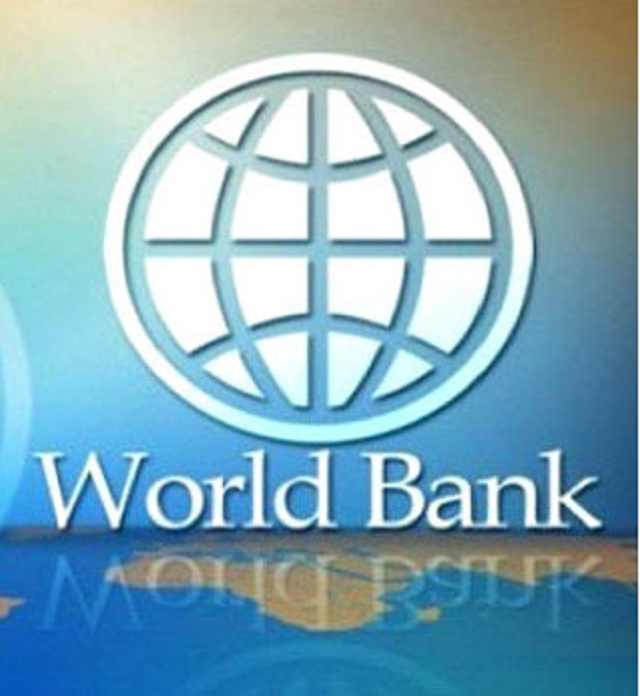Place your adverts here on InfoDig @ low rates; banner ads, sponsored links and guest articles etc. Contact us
The World Bank has attributed Nigeria’s record-high inflation between 2015 and 2023 to a series of macroeconomic policy mistakes by the nation’s fiscal and monetary authorities. In its recent Nigeria Development Update (NDU), the global financial institution detailed how these missteps led to inflation peaking at a 28-year high.
Before 2015, Nigeria’s inflation rate was in the single digits, similar to other emerging economies. However, according to the World Bank, several key policy errors shifted the economic landscape. These include the Central Bank of Nigeria’s (CBN) excessive financing of fiscal deficits, large-scale subsidized credit to households and businesses, restrictions on access to foreign exchange (FX) for importing over 900 products, maintaining an overvalued exchange rate, and unbudgeted fiscal deficits.
The World Bank explained that starting in 2015, the CBN moved away from its core responsibility of price stability, focusing instead on growth initiatives by providing large loans at subsidized rates to businesses and households. At the same time, it restricted FX access for over 900 product lines, further exacerbating economic instability.
Large, unbudgeted fiscal deficits and the CBN’s use of deficit monetization—through Ways and Means Advances—added to the problem. These actions flooded the economy with cash, eroding confidence in the naira and contributing to inflation well before energy and foreign exchange reforms were implemented. By June 2024, inflation had reached 24.19%, a level not seen in nearly three decades, marking 19 consecutive months of inflationary increases.
The report also highlights the shift in CBN policy since the departure of former Governor Godwin Emefiele. During his tenure, the CBN provided trillions of naira in development financing to the private sector. The current CBN Governor, Yemi Cardoso, estimates that the bank’s development finance initiatives totaled around N10 trillion.
However, under Cardoso’s leadership, the CBN has halted such fiscal interventions, acknowledging that the bank lacks the capacity to continue financing fiscal deficits. Key policies from the previous era, such as the ban on FX access for certain imports, have also been reversed. For example, in 2023, the CBN lifted restrictions on FX for 43 items that were previously banned from the official FX market.
The most significant change, however, has been the unification of the various FX market segments. This policy, enacted in June 2023, led to the naira losing over 100% of its value.
On the fiscal side, Nigeria’s Minister of Finance, Chief Wale Edun, has stated that the government will not rely on Ways and Means financing to cover fiscal deficits, unlike the previous administration, which borrowed over N22 trillion through this method—far exceeding the limits set by the Fiscal Responsibility Act.
The World Bank’s report underscores the importance of sound fiscal and monetary policies in stabilizing the economy, highlighting the need for continued reform to prevent further inflationary pressures.














)
 English (US) ·
English (US) ·